Mercedes EQA vs Volvo XC40 - Differences and prices compared
Compare performance (292 HP vs 197 HP), boot space and price (44200 £ vs 36800 £ ) at a glance. Find out which car is the better choice for you – Mercedes EQA or Volvo XC40?
Costs and Efficiency:
Looking at overall running costs, both models reveal some interesting differences in everyday economy.
Volvo XC40 has a clearly perceptible advantage in terms of price – it starts at 36800 £ , while the Mercedes EQA costs 44200 £ . That’s a price difference of around 7475 £.
Engine and Performance:
Power, torque and acceleration are the classic benchmarks for car enthusiasts – and here, some clear differences start to show.
When it comes to engine power, the Mercedes EQA has a evident edge – offering 292 HP compared to 197 HP. That’s roughly 95 HP more horsepower.
In acceleration from 0 to 100 km/h, the Mercedes EQA is evident quicker – completing the sprint in 6 s, while the Volvo XC40 takes 7.60 s. That’s about 1.60 s faster.
In terms of top speed, the Volvo XC40 performs slightly better – reaching 180 km/h, while the Mercedes EQA tops out at 160 km/h. The difference is around 20 km/h.
There’s also a difference in torque: Mercedes EQA pulls decisively stronger with 520 Nm compared to 300 Nm. That’s about 220 Nm difference.
Space and Everyday Use:
Whether family car or daily driver – which one offers more room, flexibility and comfort?
Both vehicles offer seating for 5 people.
In curb weight, Volvo XC40 is clearly perceptible lighter – 1688 kg compared to 2045 kg. The difference is around 357 kg.
In terms of boot space, the Volvo XC40 offers evident more room – 452 L compared to 340 L. That’s a difference of about 112 L.
In maximum load capacity, the Volvo XC40 performs hardly perceptible better – up to 1328 L, which is about 8 L more than the Mercedes EQA.
When it comes to payload, Volvo XC40 distinct takes the win – 532 kg compared to 425 kg. That’s a difference of about 107 kg.
Who wins the race in the data check?
The Mercedes EQA is clearly superior overall in the objective data comparison.
This result only shows which model scores more points on paper – not which of the two cars feels right for you.
Costs and Consumption
View detailed analysis
Engine and Performance
View detailed analysis
Dimensions and Body
View detailed analysis
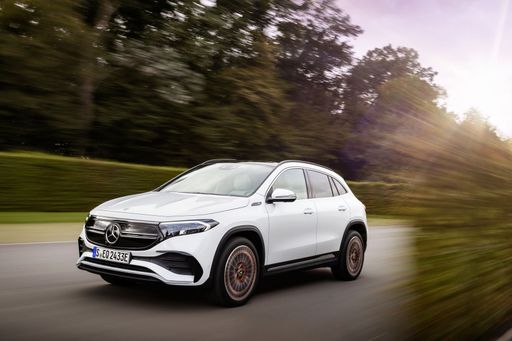
Mercedes EQA
Mercedes EQA
The Mercedes EQA slips into the electric crossover ranks with the brand’s familiar luxury polish, offering a quiet, fuss-free drive that feels perfectly at home in the city or on a country escape. Inside it’s neatly finished and tech-forward, projecting grown-up refinement even if it plays things a bit safe for anyone chasing outright excitement.
details
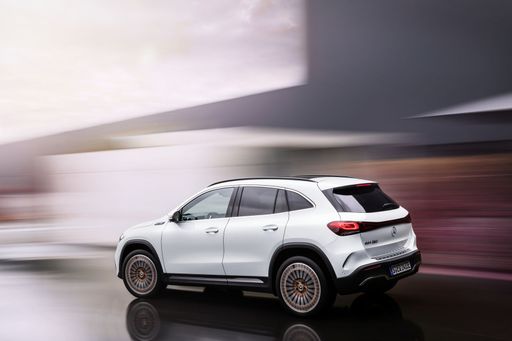
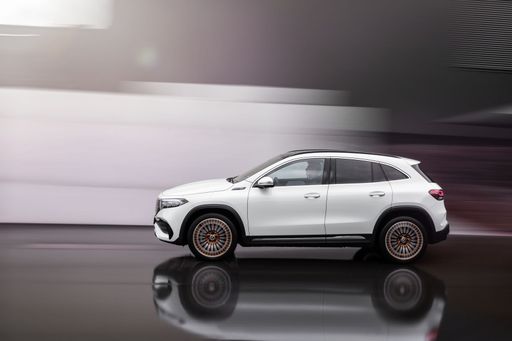
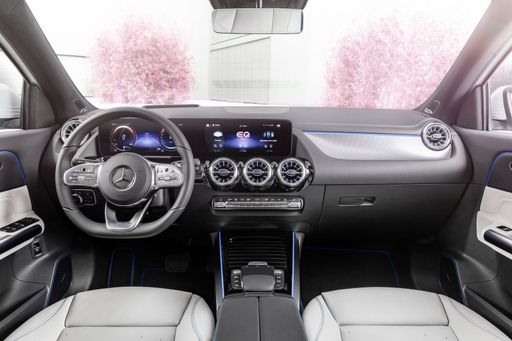
Volvo XC40
The Volvo XC40 wraps Scandinavian minimalism into a compact, city-ready SUV with a premium cabin that feels both practical and grown-up. It will suit buyers who prize safety, clever storage and a composed ride, proving that small dimensions don't mean small personality.
details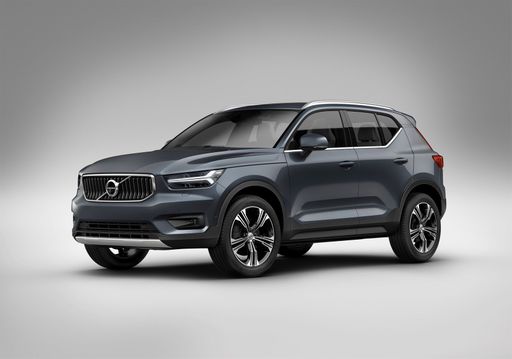


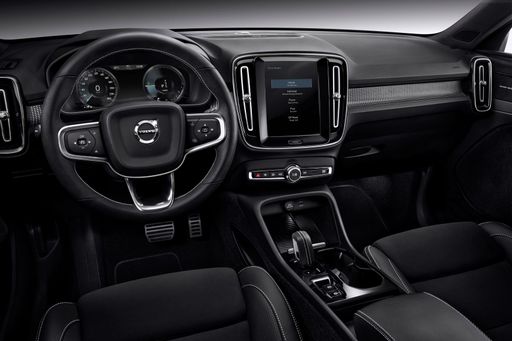

Costs and Consumption |
|
|---|---|
|
Price
44200 - 57400 £
|
Price
36800 - 47200 £
|
|
Consumption L/100km
-
|
Consumption L/100km
6.50 L
|
|
Consumption kWh/100km
14.4 - 16.9 kWh
|
Consumption kWh/100km
-
|
|
Electric Range
476 - 561 km
|
Electric Range
-
|
|
Battery Capacity
70.50 kWh
|
Battery Capacity
-
|
|
co2
0 g/km
|
co2
147 - 148 g/km
|
|
Fuel tank capacity
-
|
Fuel tank capacity
54 L
|
Dimensions and Body |
|
|---|---|
|
Body Type
SUV
|
Body Type
SUV
|
|
Seats
5
|
Seats
5
|
|
Doors
5
|
Doors
5
|
|
Curb weight
2045 - 2115 kg
|
Curb weight
1688 kg
|
|
Trunk capacity
340 L
|
Trunk capacity
452 L
|
|
Length
4463 mm
|
Length
4425 mm
|
|
Width
1834 mm
|
Width
1863 mm
|
|
Height
1608 - 1613 mm
|
Height
1652 mm
|
|
Max trunk capacity
1320 L
|
Max trunk capacity
1328 L
|
|
Payload
425 kg
|
Payload
532 kg
|
Engine and Performance |
|
|---|---|
|
Engine Type
Electric
|
Engine Type
Petrol MHEV
|
|
Transmission
Automatic
|
Transmission
Automatic
|
|
Transmission Detail
Reduction Gearbox
|
Transmission Detail
Dual-Clutch Automatic
|
|
Drive Type
Front-Wheel Drive, All-Wheel Drive
|
Drive Type
Front-Wheel Drive
|
|
Power HP
190 - 292 HP
|
Power HP
163 - 197 HP
|
|
Acceleration 0-100km/h
6 - 8.6 s
|
Acceleration 0-100km/h
7.6 - 8.6 s
|
|
Max Speed
160 km/h
|
Max Speed
180 km/h
|
|
Torque
385 - 520 Nm
|
Torque
265 - 300 Nm
|
|
Number of Cylinders
-
|
Number of Cylinders
4
|
|
Power kW
140 - 215 kW
|
Power kW
120 - 145 kW
|
|
Engine capacity
-
|
Engine capacity
1969 cm3
|
General |
|
|---|---|
|
Model Year
2024 - 2025
|
Model Year
2024
|
|
CO2 Efficiency Class
A
|
CO2 Efficiency Class
E
|
|
Brand
Mercedes-Benz
|
Brand
Volvo
|
Is the Mercedes EQA offered with different drivetrains?
Available configurations include Front-Wheel Drive or All-Wheel Drive.




